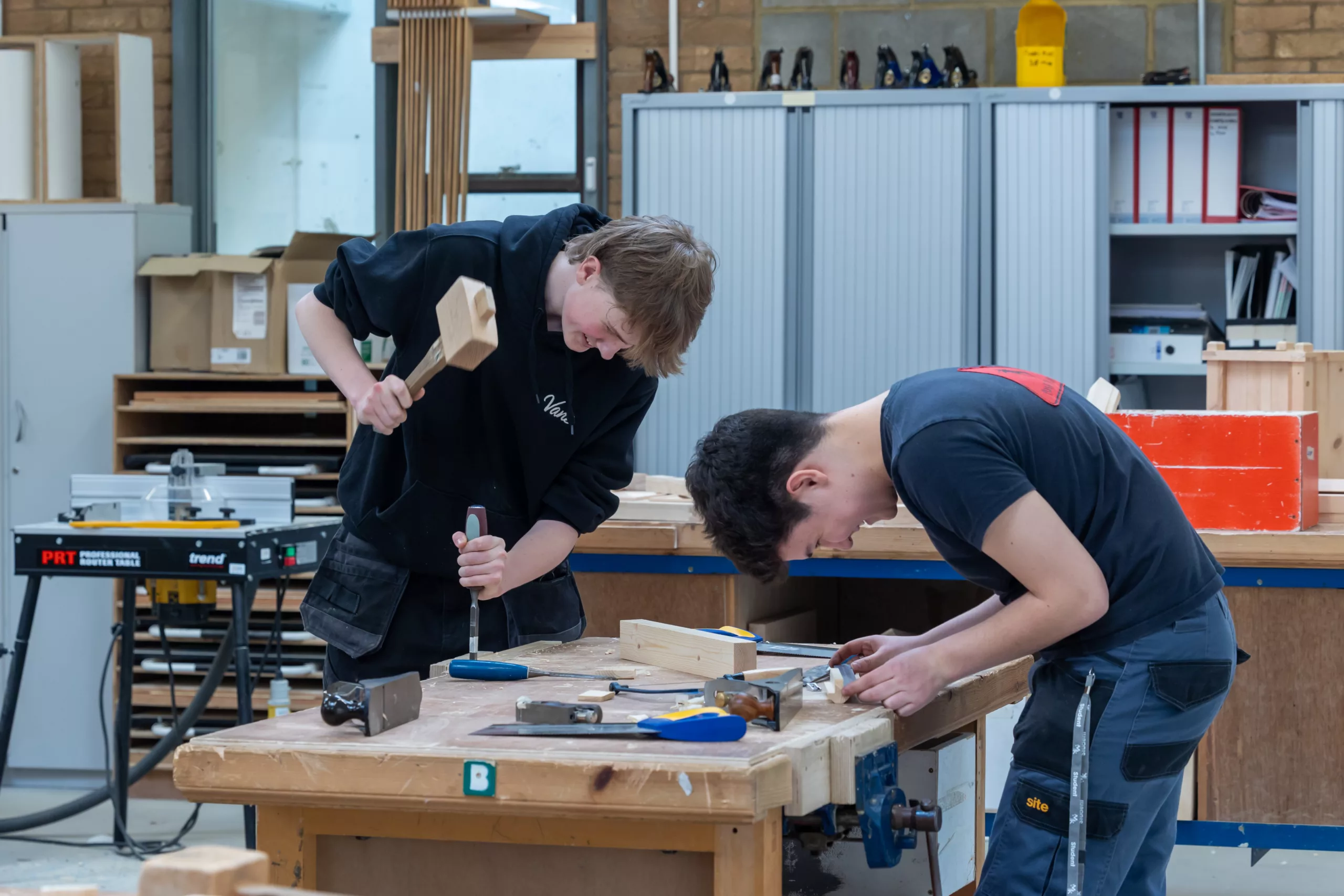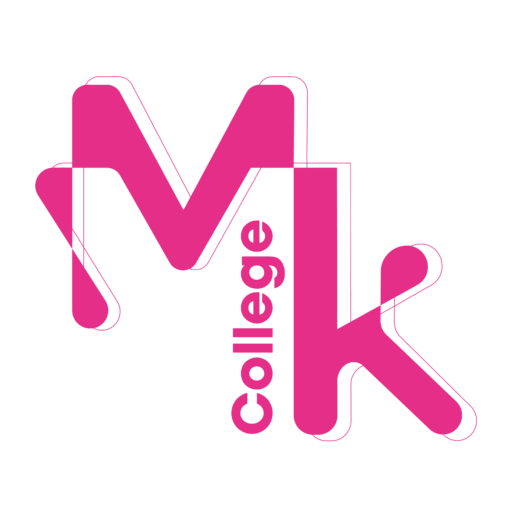Work with our students
Get involved
Experiencing life in the workplace is an essential part of the College’s study programmes, and each year we work with dozens of employers who provide meaningful opportunities for students to get a real insight into working within their chosen sector.
There are several ways you can get involved to help embed relevant work skills, such as teamwork, communication and problem solving, into the minds of the future generations and give young people a chance to do something they may not otherwise have had the chance to achieve.

How could a work placement student benefit your business?
- Extra pair of hands to enhance customer experiences
- Address future skills gaps
- Inspire the next generation to work in your industry
- Staff development and engagement
- Build your early careers talent pipeline for apprenticeships or entry level roles
- Bring a fresh perspective into your business
- Brand loyalty and profile
- Market insights and workforce diversity
- CSR impact to share with stakeholders
Qualifications explainer
Study programmes
Tailored for those aged 16-19, Study Programmes offer individualised learning mapped to learners’ goals, alongside work placement opportunities to ensure success in the real world.
Study Programmes are made up of the below key components to provide a well-rounded learning experience.
What you need to know
- One or two-year vocational course
- Include a substantial Level 2 or 3 qualification (in the subject area of choice)
- Attract UCAS points
- Additional smaller qualifications to support personal and professional development, including English and maths
- Include work experience relevant to the subject being studied
T levels
T Levels are a high-quality, work-focussed alternative to A levels for young people aged 16-19. These new two-year courses have been designed with employers to intimately reflect the needs of the sectors and occupations they’re designed to serve.
T Levels aim to equip young people with the knowledge, skills and behaviours they need to progress into work or higher-level study.
What you need to know
- Two-year courses
- Equivalent to three A Levels
- Created alongside employers
- Include a 45-day extended industry placement
- Attract UCAS points
- Support progression into a skilled occupation; higher or degree level apprenticeships; higher level technical study, including university
Apprenticeships
An Apprenticeship is a real job with training, enabling people to improve their skills and progress in their careers. An apprentice learns in the workplace and receives ‘off-the-job’ training at college, usually on a day-release basis, to work towards achieving vocational qualifications and Essential Skills qualifications (reading, writing, maths and computers).
What you need to know
- Combines practical ‘on the job’ training with study
- Open to anyone over the age of 16
- Available in over 170 industries
- Equivalent education levels from Intermediate (GCSE) to Degree level
- Can be used to develop existing employees or attract new talent
Traineeship
T Levels are a high-quality, work-focussed alternative to A levels for young people aged 16-19. These new two-year courses have been designed with employers to intimately reflect the needs of the sectors and occupations they’re designed to serve.
T Levels aim to equip young people with the knowledge, skills and behaviours they need to progress into work or higher-level study.
What you need to know
- Two or three-month programmes
- Work-focused training
- Support to improve maths and/or English
- Digital skills where necessary
- Substantial period of work experience – ideally with the prospect of a permanent job with the work placement employer on successful completion.
Get in touch
Why work for MK College?

Trusted high-quality training provider

Experienced and responsive employer team

A bespoke service tailored to your business

Access the brightest new talent

Support for the local community
